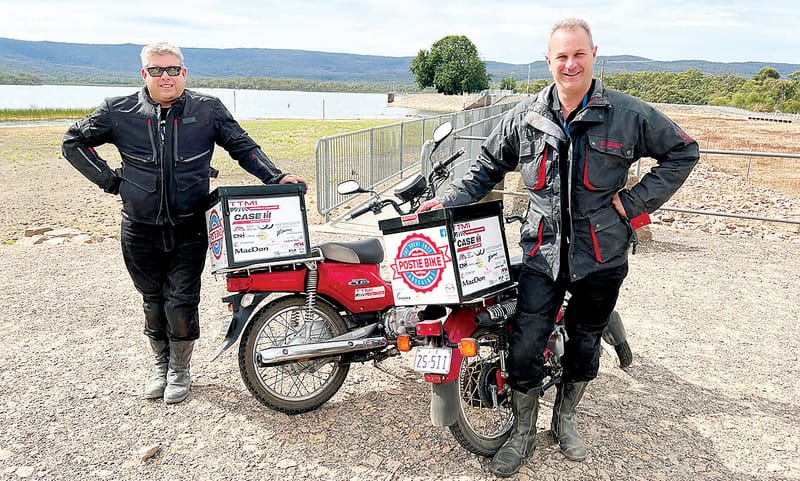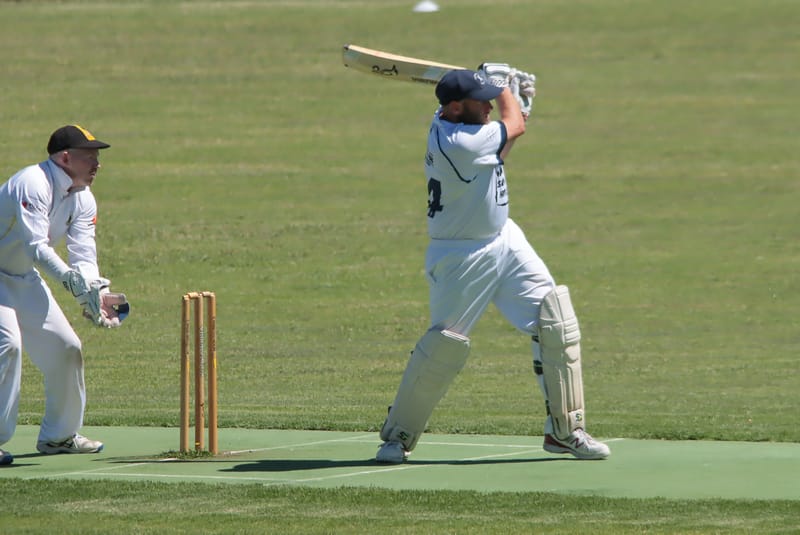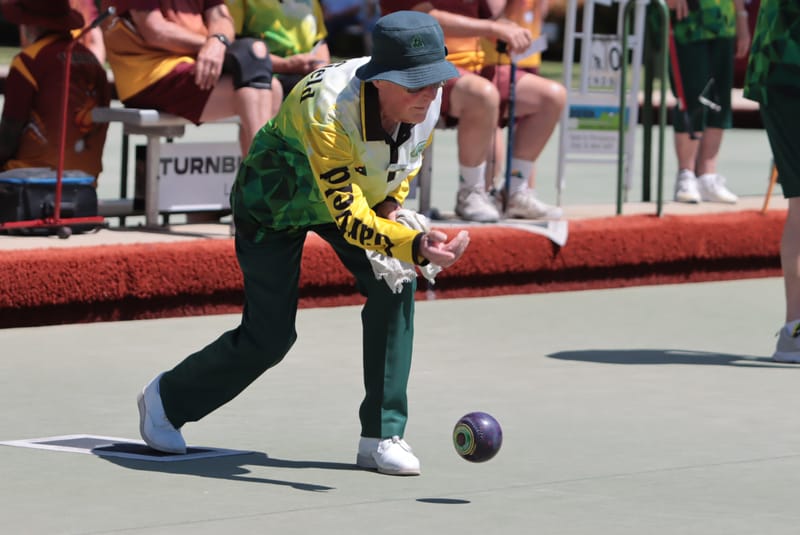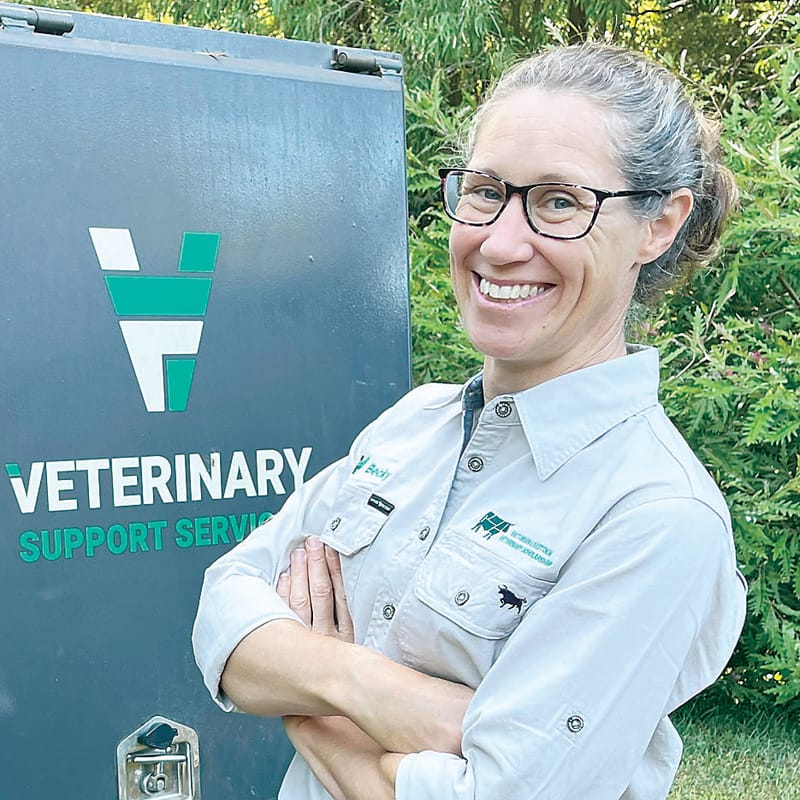A remarkable century
by Nick RoweGarfield North farmer Harry van den Broek turns 100 on Thursday and his life story reads like an adventure. More than 100 family and friends gathered at Parnassus in Drouin East on Sunday to celebrate the remarkable milestone with the...
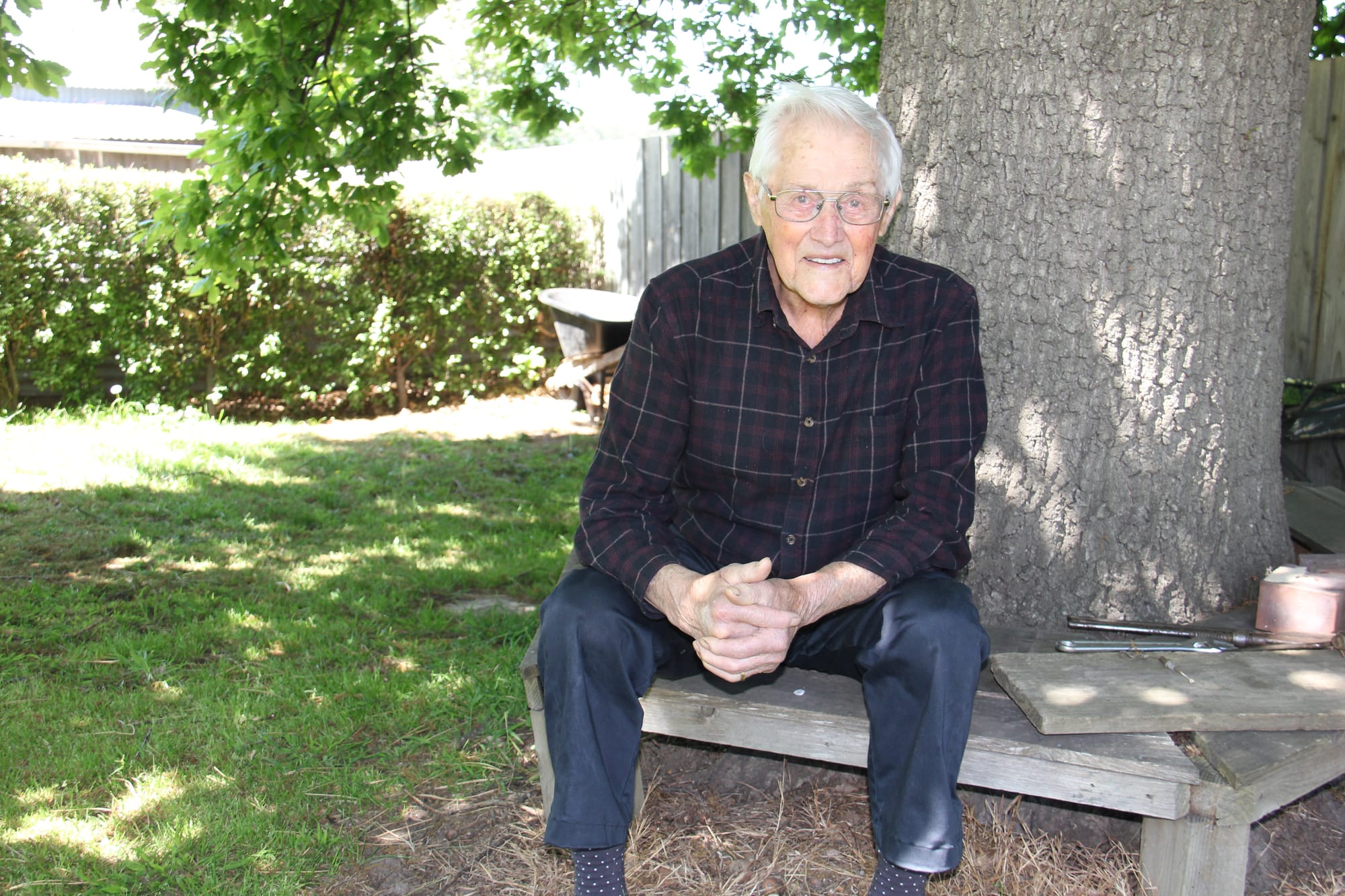
by Nick Rowe
Garfield North farmer Harry van den Broek turns 100 on Thursday and his life story reads like an adventure.
More than 100 family and friends gathered at Parnassus in Drouin East on Sunday to celebrate the remarkable milestone with the centenarian.
And remarkably, as he enters his second century of life he is set to take on what most people half his age would, being elected new president of Garfield Rotary Club.
Born in the village of Vlierden in the Netherlands in 1925, Harry was one of 13 children – 10 boys and three girls – to Johannes and Helena van den Broek. He entered the world in the same house where his father was born. "This was not uncommon in those days – hospitals were for sick people, not having babies," Harry said.
The family ran a mixed farm with dairy cows, pigs and chickens, and grew crops and vegetables.
Born in the Depression, money was scarce, but Harry remembers never going hungry. "Mum always had food. Milk, cheese, bacon. We killed two or three pigs a year but never a cow – they were too valuable for their milk. We made butter and cheese ourselves. Bread too. Everything came from the farm."
World War II
Life changed dramatically around Harry's 15th birthday when World War II broke out and the Netherlands was occupied by German forces.
"I was 15 in 1940 when the Germans came," Harry recalls. "At first they were friendly – I think they thought that the Dutch would support them."
However, by 1942, when it became apparent the Dutch were not supporting the German cause, things quickly changed. "By 1942, things had turned very strict," Harry said. "Curfews, no gatherings – you weren't allowed out after nine."
As a rebellious teenager, Harry tested the boundaries. "I didn't follow the curfews and I broke the rules. When I was 18 I only looked 14, so if I got stopped I didn't get in too much trouble."
Harry says his village was relatively lucky in there wasn't a lot of fighting. "I remember though, in 1944 when the British fought for a bridge over a canal near our town. They fought all night and the next morning we went to have a look. The British had taken away their casualties but there were a number of dead German soldiers and the villagers were told by the Red Cross to bury them.
"They marked the graves with rifles and helmets – I'll never forget that sight. My parents were very scared but I didn't really think about it. Teenagers don't think about danger."
With the conclusion of the war in 1945, Harry's adventures were far from over. He went to Indonesia with the Dutch military during the Indonesian War of Independence and spent three years there. "We were told that we were a police force but in reality it was war. They should have negotiated earlier - many people died for nothing."
"I spent most of my time in small towns. It was a scary time. I remember a soldier froze in fear with a live grenade in his hand. I had to open his fingers and just throw it away just in time."
A new life in Australia
Harry returned home in 1950 but couldn't settle. He and a couple of his brothers inquired about emigrating the whole family to New Zealand, but when New Zealand wouldn't accept large families, they changed their focus to Australia.
"A Dutch priest in Melbourne, Father Maas, helped us," Harry recalls. "He was friends with the immigration minister Arthur Calwell, so some arrangement was made and the whole family was able to come out."
"We sailed on a ship called the Sibajak and arrived in Melbourne on 13 June 1951."
The family went straight from the dock to a dairy farm in Clyde North. "The farm was owned by a Melbourne businessman called Colonel Neal, who was married to Nancy Syme – a member of the family that owned The Age newspaper at the time."
Harry's parents were over 50 and had no English, so he became the family spokesman after picking up some English in the army. "We were poor but happy."
He remembers being invited to a local dance and told to "bring a plate." He and his brothers brought some crockery along, not knowing what it was all about, but soon worked out what it meant.
"A big bloke named Bruce came up to me. I thought he wanted to fight me because I was dancing with the girls. He told me to come outside and I was prepared for a fight, but he opened the back of his car and offered me a long neck of beer. That's how I learned the Australian way – a couple of beers can make peace."
Harry's mother died in a car accident in 1954. His father, grief-stricken and homesick, returned to Holland in 1960 but returned after a few years to be with his family.
In 1953, while helping Father Maas with other Dutch immigrants, Harry met his future wife, Joanna, whose family had also moved to Australia and settled in Narre Warren.
Harry and Joanna were married on February 1, 1956 at St Michael's in Berwick – the first couple to be married at the new parish, with Father Maas officiating.
The couple began sharefaming soon after the wedding and welcomed seven children – a boy, John, and six girls, Helen, Jenny, Annie, Bev, Leanne and Michelle. Harry and Joanna were blessed with 20 grandchildren and, to date, 26 great-grandchildren.
In 1965, Harry and Joanna bought a dairy farm in Garfield North, where he still lives today. Harry maintains 28 acres with some beef cattle and even occasionally gets on the tractor. "People say I am stubborn." he laughs.
Harry played a prominent role in the community, participating in school committees, the Dairy Farmers Association, and as a founding member of Garfield Rotary, where his skills of delegation came to the fore.
He also played a critical role in the foundation and maintenance of Foster Parents Indonesia. "My time in Indonesia made me care about the people there."
This year, when it appeared Garfield Rotary would be without a president, Harry was convinced he could help out yet again.
"My rule is to get things done – mostly with the help of others. I said I would do it and run the meetings, but the younger guys can do most of the work."
The past couple of years have been tough for Harry and the family. "Our eldest daughter Helen died in 2020 from an aneurysm, which was a terrible shock," he said.
Then, in 2023, Joanna died at the age of 89 after a battle with cancer.
Harry maintains perspective, though. Despite a tough start to life with wars and the disruption of moving halfway around the world for a different life, he is proud of the life he has carved out.
What is his secret?
"Be optimistic and persistent. When you set your aim, don't let it slip. Use common sense – it's not so common anymore. Coming to Australia was the best decision. In Holland, your place in society was set. Here, if you use your brains and common sense, you can go far."
"We came from nothing, worked hard, raised a family, made a home. Life's been good. What more could you ask for?"
As well as the family celebration held on Sunday, an open day is being held for Harry at the Garfield Hall this Thursday on his birthday.



